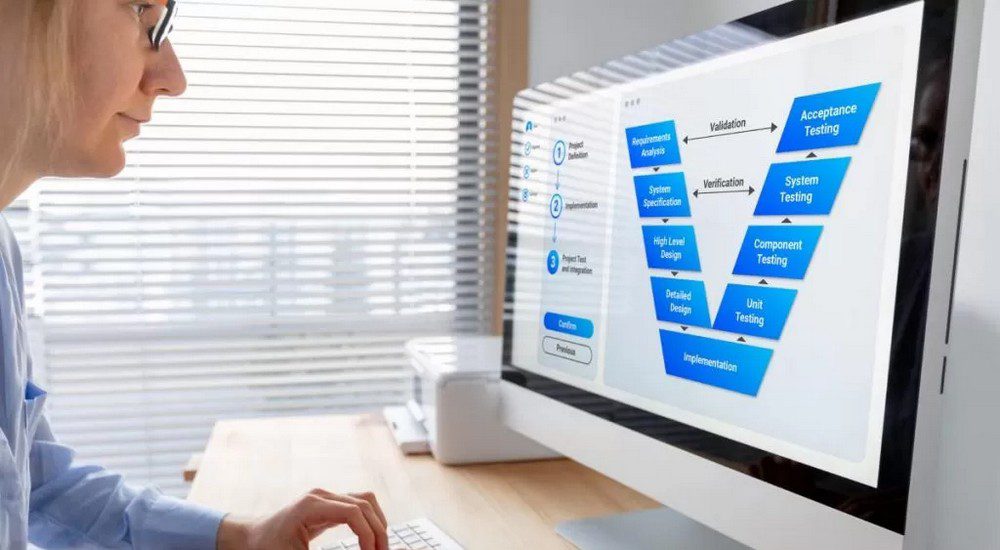Blog
Articles to grow your career
Article
Mobile App vs Web App
- Mobile devices have more options and combinations of OS/hardware (consequence is the need to use emulators).
- Browsers are “stationary”, while when testing mobile applications, you need to consider orientation, interruptions, communication, and the presence of additional modules.
- Talking about connection, a web application becomes useless when the internet connection is lost (although recently this is sometimes not entirely the case), nothing will change for a native mobile application.
- Hardware limitations. The web browser usually has a lot more resources available.
- Release and distribution. For people to start using the mobile application, you need a developer account and passed moderation in the application store.
These basic differences also lead to differences in testing levels and types. Your efforts should rather be aimed at identifying bottlenecks, such as restrictions on access to resources coming with each new version of mobile operating systems – encryption of storage. Consider deep core modernization of Android devices, the nuances of offline workers for PWA. On the other hand, in “older” operating systems, you will encounter interaction with other software products within the same operating system – since they do not run applications in their Sandbox but they do affect each other. The best example is the presence of InstallShield within Windows for many years.
Do you want to join us?
Leave an application and get a free consultation from our manager.
- Help in choosing a direction
- Course consultation
- Additional materials for the start




